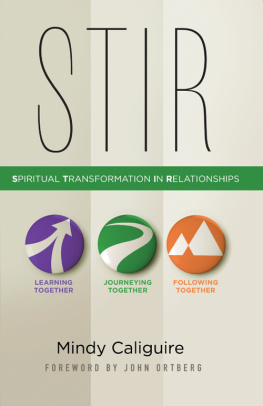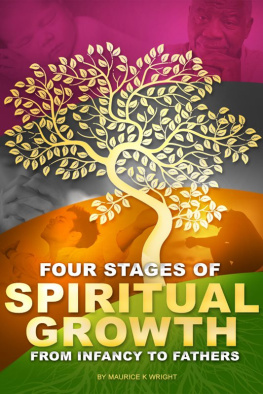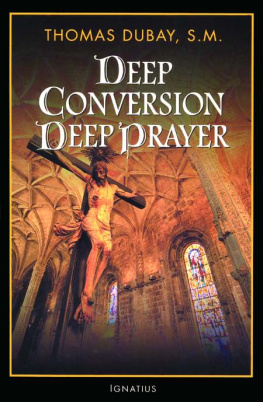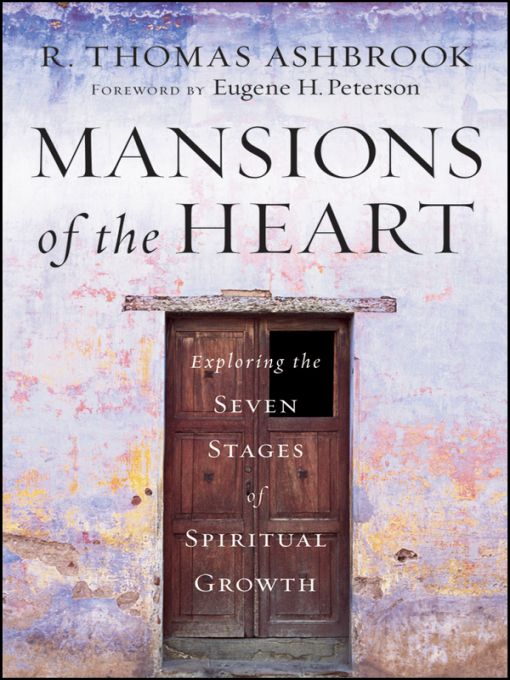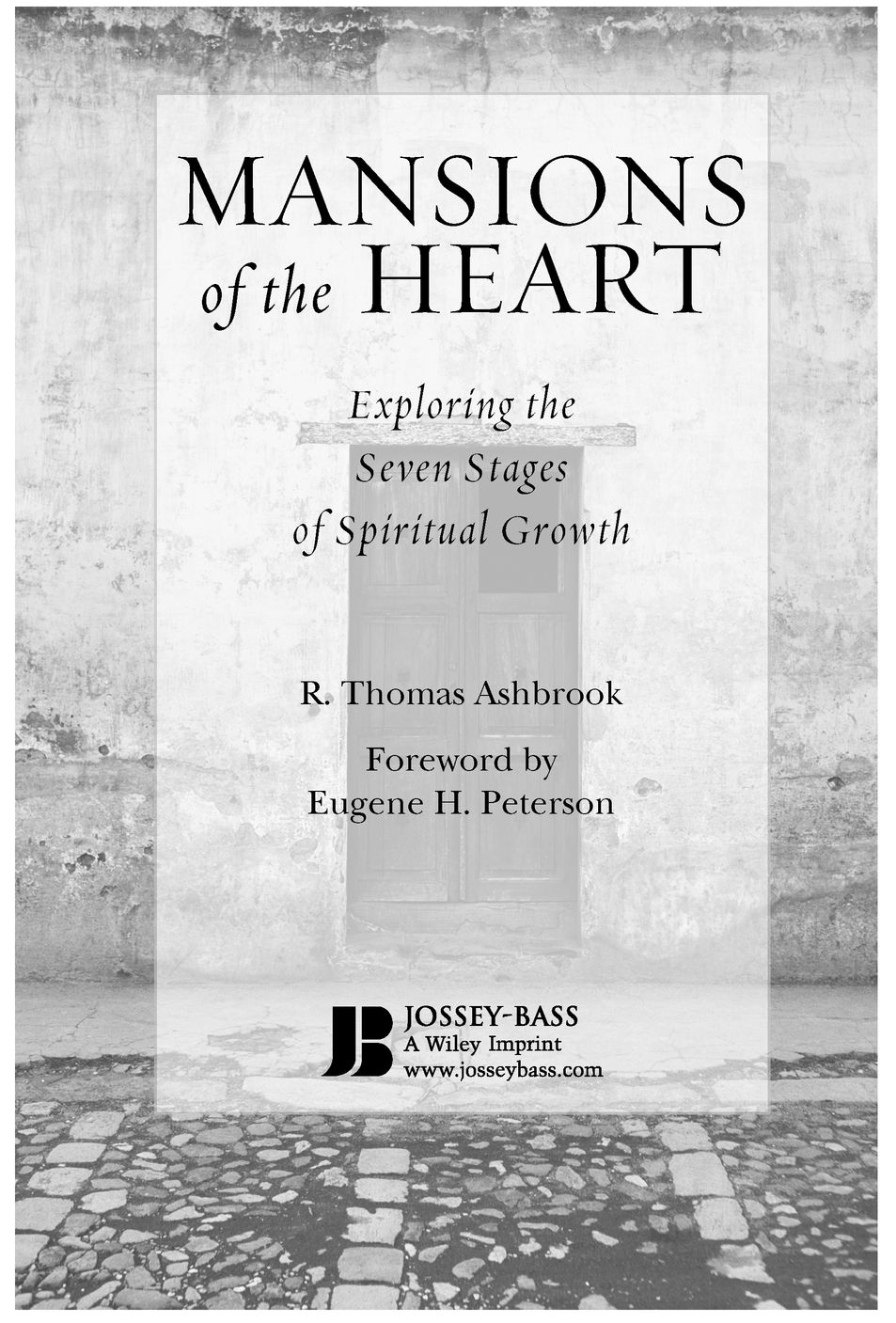Table of Contents
FOREWORD
Eugene H. Peterson
WHILE I WAS IN SEMINARY IN TRAINING TO BE A PASTOR, I was immersed in the Bible (a good thing), provided with an extensive familiarity in the theological thinking of Luther, Calvin, and others (also a good thing), but learned virtually nothing regarding the on-the-ground living of the Christian life and what was actually involved in following Jesus over a lifetime in the cultural conditions of America.
When I became a pastor, I was grateful for the training I had received in the Bible, the authoritative text for the Christian life. And I appreciated the careful instruction in theology, right thinking about the Christian life. But it wasnt long before I realized that my professors had left me pretty much on my own when it came to matters of the soul, caring for the unique and eternal souls that were entrusted to me.
I felt adequately prepared to teach the truth of God, what to believe. I was well schooled in guiding people in moral and ethical matters, how to behave before God. But when it came to relationship with God, being with God, listening to and answering God, I found that I was reduced to what I had learned rather piecemeal on my own, supplemented by a few slogans and anecdotes I had picked up from others. It wasnt enough. I knew I needed help.
Help came through a friend who introduced me to Teresa of Avila and John of the Cross, two masters of the spiritual life, masters in understanding the soul and the nature of prayer. I had never heard of either one. They lived in Spain in the same century in which my theological masters, Martin Luther and John Calvin, were doing their work a thousand or so miles to the north in Germany and Switzerland.
Tom Ashbrook wrote this book that you hold in your hands to do for you what my friend did for me fifty years agoto introduce you to these two companions who knew, practiced and wrote on the spiritual life with insight and passion. I am so glad that he wrote this book. His work could not be more timely. There is an enormous interest in spiritual formation these days, interest in growing up in Christ, living up to the measure of the stature of the fullness of Christ. All of us need all the help we can get. Tom Ashbrooks Mansions of the Heart immerses us in this old but wonderfully contemporary holy wisdom. It is a gift to the Christian community. Take and read.
There is far more to the Christian life than getting it right. There is living it right. Learning the truth of God, the gospel, the Scriptures involves understanding words, concepts, history. But living it means working and praying ourselves through a world of deception, of doubt and suffering, a world of rejections and betrayal and idolatry.
Listening to sermons, reading books, and participating in a worshiping community prepare the altar. Spiritual transformation takes place when we gather the stuff of our ordinary livesour parents and children, our spouses and friends, our workplaces and fellow workers, our dreams and fantasies, our attachments, our easily accessible gratifications, our habit of depersonalizing intimate relations, and our commodification of living truths into idolatriestake all of this and place it on the altar of refining fireour God is a consuming fire!and finding it all redeemed for a life of holiness.
Many of us (most of us?) know more about Scripture and truth than we do about souls and prayer. But souls and prayer require an equivalent demand on our attention as do Scripture and truth. And not just in bits and piecessomething comprehensive. Ashbrook leads us carefully and patiently into the rich praying company of Teresa and John.
Teresa and John are theologians every bit as theological as Luther and Calvin. But they use a very different language. Teresa told stories; her Interior Castle, the basic text of this book, is one of her best. John wrote poems; many consider him Spains major poet. They are saturated in the same Scriptures as their contemporaries to the north of Spain and as theologically astute. But they, instead of arguing and defining and interpreting, express and witness and insist on the presence of God no matter how we feel about it, or if we feel anything at all. Luther and Calvin try to make the truth clear, which they do wonderfully. Teresa and John try to deal honestly and discerningly with the experience of God when it isnt plain, insisting that there are necessary obscurities and shadows to be embraced if we are to grow into mature holiness. We cannot have God on our terms, domesticated to our requirements, reduced to our ideas of what we think God should be doing. Prayer is an immersion in the way God is present with us whether we understand or like it or not. This, they are saying, is what it is like to live a life of faith and love, to pray, to be detached from a life of self, and become souls free for God and one another.
My learning of the Christian life, along with that of most of my friends, had pivoted on Martin Luther and John Calvin, brilliant and comprehensive thinkers, writers, and exegetes of Scripture. They taught me to think largely and passionately about God and the Scriptures. For them, reforming the Christian life was primarily (but not entirely) a matter of recovering right thinking, understanding doctrine, interpreting Scripture. Teresa and John worked from the other end. They took up matters of the soul, reforming Christian living by taking seriously the life of prayer and recovering the ways of prayer. They gave themselves to discerning the illusions and pitfalls that interfere with receiving what God is giving and reducing prayer to a self-help project with little concern for relationship and love, adoration and mystery.
I have come to visualize Luther and Calvin as mountain people, scaling the heights, taking in the horizon. And I have come to appreciate Teresa and John as valley people, tilling the soil, going to the market, cooking meals. They draw me into honoring the dignity of souls at work and play, returning me daily to the sweet mysteries of prayer.
PREFACE
MANSIONS OF THE HEART EMERGED OUT OF CONFUSION and frustration, mine and maybe yours. As a pastor, and then a spiritual formation teacher, coach, church consultant, and spiritual director, I have seen two converging movements that God means for good but that are giving many of us real headaches. A lot of us are recognizing that we need to pay much more attention to our own spiritual growth and that of maturing Christians. We look at the amazing lives of followers of Jesus in the Gospels and Epistles, and then we look at our own lives and churches and wonder whats going wrong. We know there has to be more. Although many of us have been hot after the discipleship of new Christians, the tendency of our church programming has been to stop there and leave the ongoing discipleship of maturing Christians to hit-or-miss circumstance. Sometimes we realize our lack of spiritual growth through our unfulfilled longings, and sometimes only because our spiritual immaturity gets us into trouble. Either way, we end up frustrated and confused.
Another movement has to do with our growing realization that the church has to become outwardly focused. Many of us are reclaiming our missional responsibility to move into the culture around us with the love of Jesus, but we are also realizing that it takes increasing spiritual maturity for followers of Jesus to really be salt and light in our neighborhoods and the dark places of the world. So, even though we sense what Jesus would have us do, we are frustrated by our inability, personally and as a community, to follow Him in spiritual authority and power.




